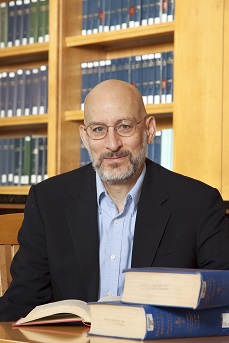Keynote Lecture
Regulating Investment Crowdfunding: Small Business Capital Formation and Investor Protection
Keynote Lecture by Professor Steven Bradford
Investment crowdfunding is a promising solution to the difficulties that small businesses, especially startups, have raising capital. But the capital formation gains promised by crowdfunding come at a cost. Crowdfunding exposes investors, including small, unsophisticated investors who may not appreciate the potential problems, to serious risks of fraud, entrepreneurial self-dealing, illiquidity, and business failure.
Regulation may help protect investors, but there’s an unavoidable tradeoff between investor protection and the cost of raising capital through crowdfunding. Excessive regulation will kill crowdfunding by making it too expensive for the small offerings it is meant to facilitate. But excessive investor losses will also kill crowdfunding; if crowdfunding becomes a haven for fraud, the pool of potential investors will dry up.
Crowdfunding regulation has a number of possible focal points: the issuers of the securities being sold; the intermediaries through whom those securities are sold; the investors buying the securities. And various types of regulation are possible, including disclosure requirements, investor sophistication requirements, investment limits, due diligence requirements, and resale limitations. Professor Bradford will consider the regulatory choices the United States and Germany have made and discuss how crowdfunding should be regulated.
 Steven Bradford
Steven Bradford
C. Steven Bradford is the Earl Dunlap Distinguished Professor of Law at the University of Nebraska-Lincoln College of Law. He teaches courses on securities regulation, corporate law, and accounting for lawyers. He is the author of numerous articles on securities regulation, including several articles on crowdfunding and on the regulation of small business securities offerings. Professor Bradford also co-edits the Business Law Prof Blog. He received his B.S., summa cum laude, from Utah State University, an M.P.P. from Harvard University, and his J.D., magna cum laude, from Harvard Law School.
